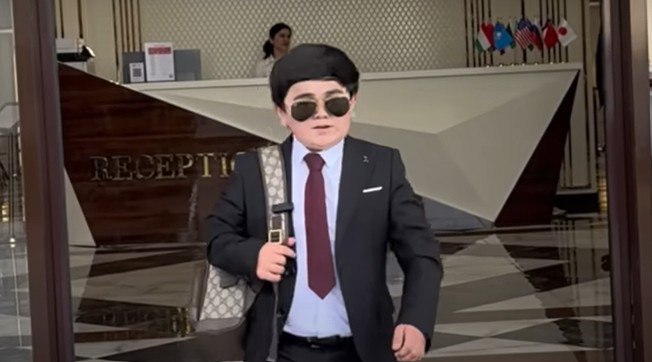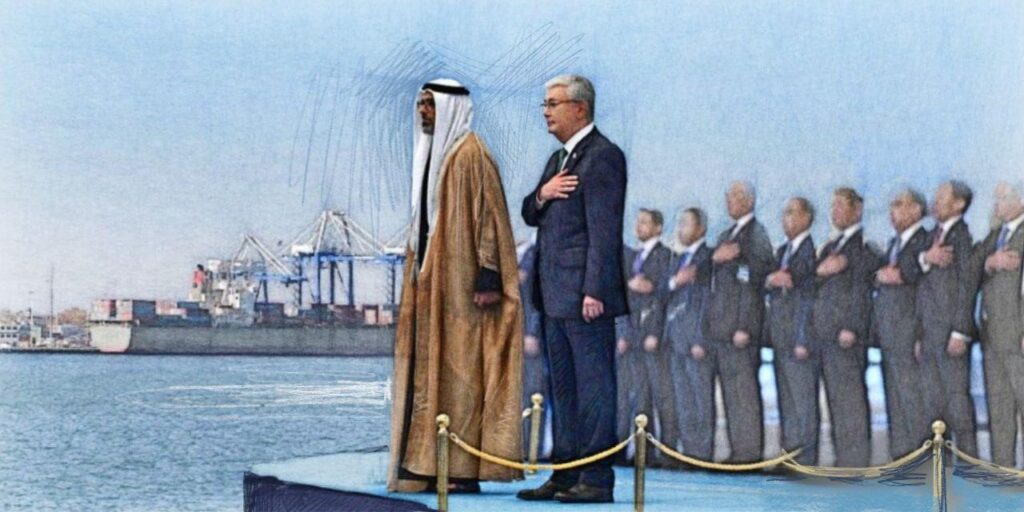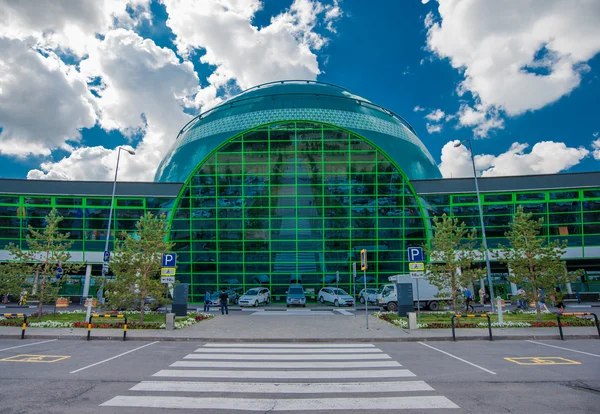Kazakhstan and the United Arab Emirates (UAE) are taking their long-standing partnership to new heights. President Kassym-Jomart Tokayev hosted Abu Dhabi Crown Prince Sheikh Khalid bin Mohammed bin Zayed Al Nahyan at the Akorda presidential residence, underscoring the deepening ties between the two nations. A Key Middle Eastern Partner Sheikh Khalid’s official visit was marked by a ceremonial welcome and substantive high-level talks. President Tokayev emphasized the growing breadth of the Kazakh-Emirati relationship, which now extends well beyond economics into sectors such as energy, transport, digital technologies, and education. “The UAE is among Kazakhstan’s top ten foreign investors,” Tokayev noted, citing a more than twofold increase in Emirati direct investment in 2024, a record high. During the Crown Prince’s visit, over 20 commercial agreements were signed, totaling approximately $5 billion. These projects are expected to further catalyze bilateral cooperation and open new avenues for mutual investment. Strategic Agreements Following the talks, an official document exchange ceremony was held. Key agreements included: Transport Cooperation - A memorandum between the Kazakh Ministry of Transport and the UAE Ministry of Energy and Infrastructure; Judicial Cooperation - A memorandum between the respective Ministries of Justice; Energy Infrastructure - An agreement between Samruk-Kazyna JSC and Masdar for continuous power supply (up to 500 MW) and energy storage (up to 2,000 MW); Digital Transformation - Agreements between Samruk-Kazyna JSC and AIQ, and QazaqGaz and AIQ, focusing on oil and gas sector digitalization; Financial Collaboration - A memorandum between Samruk-Kazyna JSC and Abu Dhabi Commercial Bank; High-Performance Computing - An agreement to establish a supercomputer cluster with Pre-sight; Maritime Expansion - A protocol between KazMunayGas and Abu Dhabi Ports Group on developing Kazakhstan’s merchant fleet; Healthcare Investment - A memorandum on financing and constructing a maternity hospital in Turkestan; Aviation Infrastructure - An agreement on investing in the Nursultan Nazarbayev International Airport and its surroundings; Green Energy - Announcement of the ratified agreement for a major wind power project. Expanding Cooperation Horizons President Tokayev and Sheikh Khalid also participated in the Kazakhstan-UAE Business Forum, where Tokayev reiterated the significance of expanding trade, economic, and investment ties. He highlighted the UAE’s role as Kazakhstan’s top partner in the Gulf, with cumulative Emirati investment exceeding $4.3 billion. Tokayev underscored his administration’s economic reforms aimed at fostering a more attractive investment climate, including the establishment of the Investment Promotion Council to support foreign businesses. He identified energy, logistics, finance, high technology, and agriculture as priority areas for future cooperation. Institutional and Cultural Engagement During the visit, the leaders toured the Astana International Financial Centre (AIFC), where they were briefed on the operations of the Financial Services Regulatory Committee, the stock exchange, and the International Arbitration Center. Currently, 46 UAE companies are registered residents at the AIFC. The delegation also visited the Sheikh Khalifa bin Zayed Al Nahyan Lyceum No. 84, where they observed students’ progress in Arabic language studies. Later, they attended the Ethnoaul exhibition, showcasing Kazakh cultural heritage. The visit highlighted the shared commitment of Kazakhstan and the UAE...






